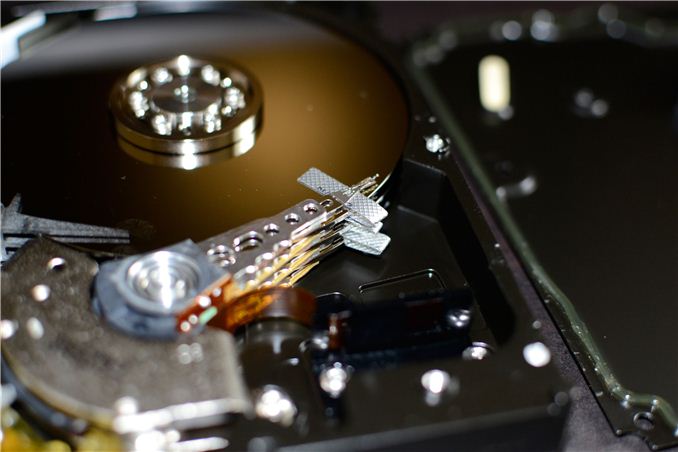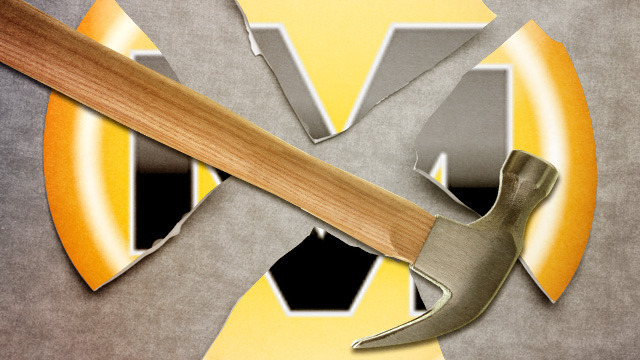MPAA and RIAA plan to recover data from failed Megaupload file sharing hard drives

The file sharing service Megaupload , created by entrepreneur Kim Dotcom in 2005, has been successfully operating for several years, becoming popular among millions of network users. For a long time, he was on the 13th position in the ranking of the most visited file hosting sites in the world. To a large extent, this popularity was due to the possibility of storing large-sized files on the servers of the service, which no one watched for legality. Resource owners have repeatedly filed lawsuits to court. By their efforts, the file sharing service in 2012 was closed, and its founder Kim Dotkom (name at birth - Kim Schmitz) was charged with piracy. According to the right holders, the activity of the file hosting service has caused them losses of half a billion US dollars.
Militiamen arrested the property of Megaupload Limited, including servers that worked in the Cogent data center. The arrested equipment was left at the service of the provider. Now Cogent staff reported that part of the hard drives disconnected several years ago, the servers out of order. The Megaupload case against Kim Dotcom is still ongoing, and the information stored on servers is considered by the copyright owners as evidence indicating that Megaupload Limited has violated laws of the United States and several other countries. Now the largest US record companies MPAA and RIAA plan to quickly examine the data stored on the working disks, and the non-working ones - to recover.
Interestingly, Cogent began to talk about the problem with Megaupload hard drives in 2016, and the right holders decided to address this issue only now. Last year, the hosting provider announced that 16 hard drives with cached data Megaupload failed. Probably, since then the problem has become more urgent, because other hard drives could have stopped working normally. “Without the assistance of a forensic expert, Cogent cannot guarantee the performance of the remaining equipment,” said company employees last year.
')
If the data disappears, then the whole case, initiated by the MPAA and the RIAA, can simply fall apart. The court is considering several parallel lawsuits against Megaupload and Kim Dotcom, and these cases can not be considered if there is no evidence of guilt in copyright infringement by the file sharing service and its creators.
The MPAA and the RIAA submitted a plan to reinstate their failed drives to the Virginia District Court. The authors of the plan claim that timely actions of technical specialists will allow to restore the information that was stored on these media.
The plan itself is simple - the studios offer to give inoperative hard drives to an independent company, DriveSavers , which specializes in data recovery. Its employees, if the plan is adopted, will help to return the data to life, which will then be stored in a safe place without connecting to the Internet.
After restoring, the old hard drives and new data drives will be sent back to Cogent. The provider will store all received media in various places; DriveSavers will not receive any copies after the process is completed.
The management of the record companies is afraid, apart from losing information, of access to third-party data. “An important problem is the recovery and storage of evidence on Cogent disks, and there are also questions about who can access the data and under what circumstances,” the MPAA and RIAA appeal to the court. “Otherwise, critical data may be at risk of destruction, while the discussion of the case continues.”

By the way, earlier the question was also raised, who should pay for the storage of equipment and the performance of work on its maintenance. Initially, MPAA and RIAA wanted to “hang up” all the costs of the provider. But after a series of proceedings, the initiators of the case pledged themselves to pay.
Representatives of the company Megaupload stated that they also consider it necessary to store data in proper form. But at the same time, managers are not too happy with the fact that the data from the servers that belong to the company fall into other hands. In addition, the company disagrees with the fact that its representatives can not access their own servers. Dotcom is sure that only company representatives should have access to files on Megaupload servers.
Last month, the High Court of New Zealand ruled that the Dotcom could be extradited to the United States. It was rendered by the judge after considering the dotcom’s appeal against the decision of the district court about a year ago.
Source: https://habr.com/ru/post/402389/
All Articles